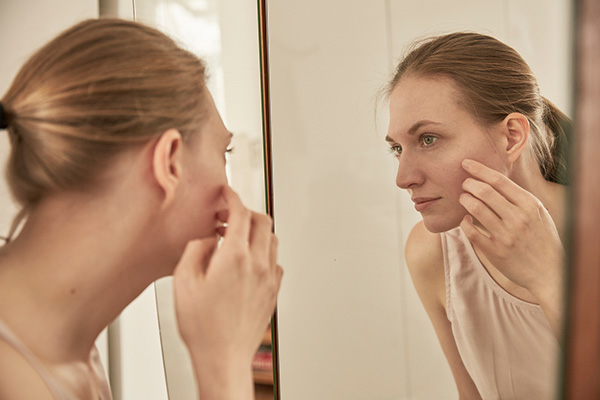What is the Root Cause of Psoriasis? Insights and Answers
Understanding what is the root cause of psoriasis is essential for beauty professionals. Psoriasis is a chronic autoimmune condition that manifests as inflamed, scaly patches on the skin. For beauty experts, knowing the underlying factors driving this condition gives you an edge in managing your clients' skin issues effectively.
Psoriasis affects millions worldwide and is often exacerbated by various triggers, including stress, genetics, and environmental factors. As beauticians, your role in offering care and recommending appropriate treatments can make a significant difference.

Understanding Psoriasis: A Deeper Look
Psoriasis is characterized by an overproduction of skin cells. Normally, skin cells regenerate every month, but in psoriasis, this cycle accelerates, causing cells to build up and form patches that can be itchy and painful.
Common Triggers of Psoriasis Flare-Ups
For beauticians, recognizing triggers is just as crucial as knowing the biology behind the condition. Some common triggers include:
- Stress: Emotional stress can lead to flare-ups for many patients.
- Infections: Certain infections can trigger or worsen psoriasis.
- Skin injuries: Any trauma to the skin can cause new patches to form.
- Weather conditions: Cold, dry weather can exacerbate symptoms.
- Medications: Some drugs, such as lithium and beta-blockers, can trigger flare-ups.
Genetic Factors and Psoriasis
Family history plays a significant role in the likelihood of developing psoriasis. Research indicates that if one parent has psoriasis, there is a 10% chance that their child will develop it. If both parents have the condition, that risk increases to about 50%. For beauticians, this information is vital in consultations and client history evaluations.
Types of Psoriasis and Their Characteristics
There are several types of psoriasis, including:
- Plaque Psoriasis: The most common form, characterized by dry, raised, red patches covered with silvery scales.
- Guttate Psoriasis: Often starts in childhood or young adulthood, presenting as small, drop-shaped lesions.
- Pustular Psoriasis: Characterized by white pustules surrounded by red skin, it can occur in cycles.
- Inverse Psoriasis: Appears as bright red, shiny lesions in skin folds.
Treatment Options for Psoriasis
When discussing treatment with clients, several options may be available:
- Topical Treatments: These include corticosteroids, vitamin D analogs, and retinoids.
- Phototherapy: Controlled exposure to UV light can reduce symptoms.
- Systemic Medications: For moderate to severe psoriasis, systemic treatments such as methotrexate or biological medications are effective.
For practical insights on managing psoriasis, check out this article on NIAMS.
How Beauticians Can Help Clients with Psoriasis
As beauticians, education and empathy are your best tools. You can:
- Learn to identify different types of psoriasis on clients to provide tailored skincare solutions.
- Implement gentle skin care routines that avoid potential irritants.
- Advise on lifestyle changes that can help manage stress, diet, and general health.
Frequently Asked Questions
1. Can psoriasis be cured?
Currently, there is no cure for psoriasis, but various treatments can help manage symptoms effectively.
2. Is psoriasis contagious?
No, psoriasis is not contagious. It is an immune system disorder.
3. What lifestyle changes can help manage psoriasis?
Maintaining a healthy diet, managing stress, and avoiding known triggers can significantly help in managing symptoms.
Conclusion
Understanding what is the root cause of psoriasis gives beauticians valuable insight into how they can assist clients in managing their condition. By equipping yourselves with knowledge and empathizing with the experiences of those with psoriasis, you can make a positive impact in their lives.
For more in-depth information about managing psoriasis effectively, visit Mayo Clinic for guidance.

